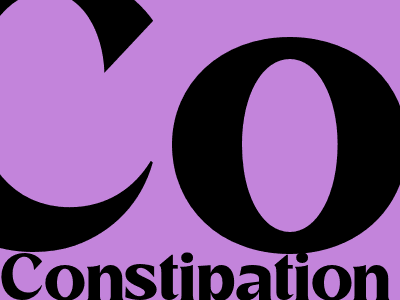
Constipation Relief
Constipation Relief: Effective Remedies and Lifestyle Changes
Introduction
Constipation, characterized by infrequent or difficult bowel movements, can be an uncomfortable and frustrating experience. Understanding the causes and employing effective remedies can provide much-needed relief. This comprehensive guide explores various remedies and lifestyle modifications to alleviate constipation.
Causes of Constipation
- Insufficient dietary fiber intake
- Dehydration
- Medications (e.g., opioids, antacids)
- Underlying medical conditions (e.g., irritable bowel syndrome, hypothyroidism)
- Sedentary lifestyle
Natural Remedies for Constipation
1. Fiber-rich Foods
Dietary fiber adds bulk to stools, stimulating bowel movements. Include whole grains, fruits, vegetables, and legumes in your diet.
2. Hydration
Adequate water intake softens stools and promotes regularity. Aim for eight glasses of water per day.
3. Over-the-Counter Laxatives
Over-the-counter laxatives, such as polyethylene glycol or bisacodyl, can provide temporary relief. However, prolonged use should be avoided.
4. Magnesium Supplements
Magnesium is a natural laxative and can help draw water into stools. Consult a healthcare professional before taking magnesium supplements.
5. Senna Tea
Senna is a natural stimulant laxative derived from a plant. It can alleviate constipation, but it's important to use it sparingly.
Lifestyle Modifications
6. Regular Exercise
Physical activity stimulates bowel movements by promoting peristalsis, the involuntary muscle contractions that move stool through the digestive tract.
7. Establish a Regular Toilet Routine
Going to the toilet at a designated time each day, even if you don't feel the urge, can help regulate bowel movements.
8. Manage Stress
Stress can contribute to constipation by slowing down digestion. Engage in stress-reducing activities such as yoga, meditation, or deep breathing.
9. Avoid Holding in Bowel Movements
Ignoring the urge to defecate can lead to hardened stools and make constipation worse.
When to Seek Medical Attention
If constipation persists or is accompanied by other symptoms such as severe abdominal pain, blood in stool, or fever, consult a healthcare professional. These could indicate an underlying medical condition that requires treatment.
Conclusion
Constipation can be a common and uncomfortable issue. By understanding its causes and implementing effective remedies and lifestyle changes, you can find relief and improve your overall well-being. Remember to consult a healthcare professional if constipation becomes chronic or severe.

Comments